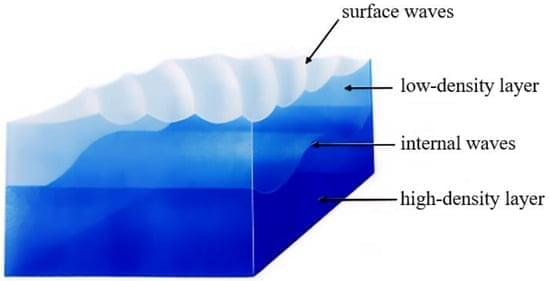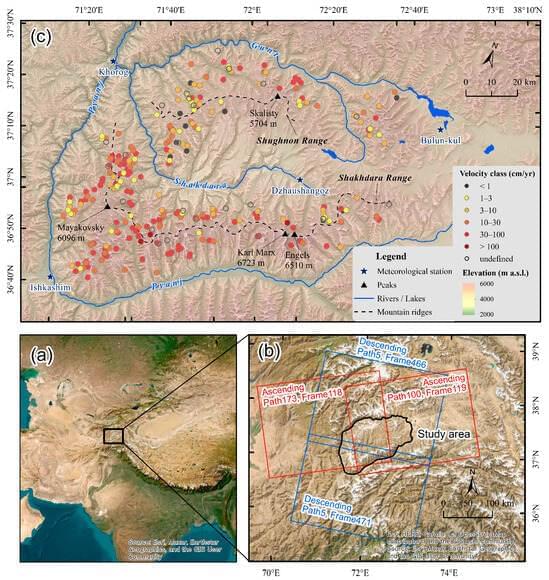Hippos spend 16 hours a day submerged in water. Withough Sun protection, they wouldn’t survive.
That reddish substance that sometimes appears on the skin of hippopotamuses?
That unique secretion serves as a sunscreen, protecting them from solar radiation. The secretion contains two highly acidic and unstable compounds: hipposudoric acid (red) and norhipposudoric acid (orange).
When these compounds mix with mucus and dry on the hippo’s skin, they form a durable layer that acts as a natural sunscreen, protecting the animal from harmful UV rays for hours. Hippos are semiaquatic, spending up to 16 hours a day submerged in water to stay cool, but this does not shield their skin from the sun, making their natural sunscreen essential.
Scientists believe the secretion is synthesized from amino acids when exposed to oxygen, though much about its exact mechanisms remains unknown. Recent research has revealed that the secretion, often referred to as “hippo sweat,” contains microscopic structures that scatter light, providing both sunblock and sunscreen properties. The substance also includes red and orange pigments capable of absorbing ultraviolet light, contributing to its effectiveness.
This discovery has sparked interest in developing human sunscreen products inspired by hippo sweat, potentially combining sun protection, antiseptic, and insect-repellent properties. Researchers collected samples from zoo hippos and found that the secretion remained uncontaminated by bacteria, yeast, or fungi even after months of storage. Microscopic analysis revealed two types of liquid crystalline structures within the sweat, which effectively scatter light, reduce viscosity, and help the secretion spread evenly over the skin.
Learn more.







